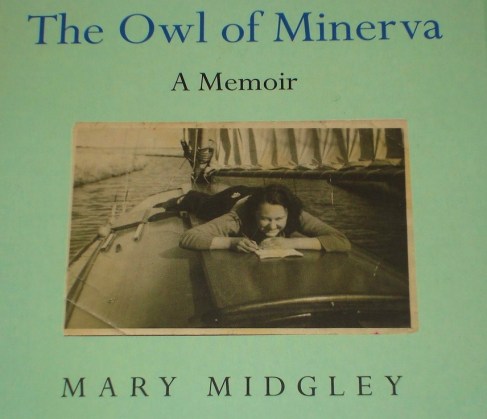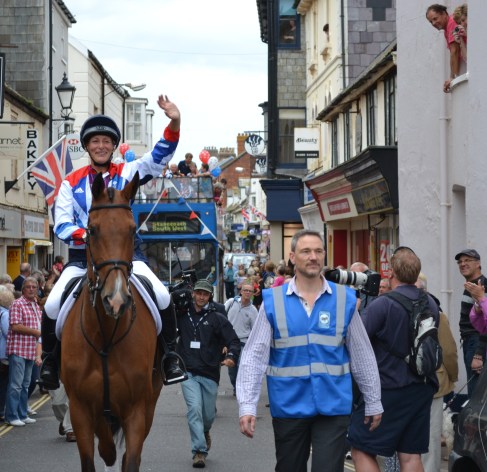Photo: The London Piano Institute
The Elements of Style by William Strunk Jr. and E.B. White, first published in 1935, is another little gem of a book that rewards close reading. Like Dorothea Brande (see earlier post on her book Becoming a Writer), these authors are uncompromising on what constitutes good style.
The first part of the book covers rules of grammar and principles of composition, all very useful for any novice or professional author, but it is the second part of the book that deals with the subjective question of how to write naturally. The authors give four pieces of advice, beginning with:
1. Place yourself in the background
Write in a way that draws the reader’s attention to the sense and substance of the writing, rather than to the mood and temper of the author. If the writing is solid and good, the mood and temper of the writer will eventually be revealed, and not at the expense of the work. Therefore, the first piece of advice is this: to achieve style, begin by affecting none-that is, place yourself in the background. A careful and honest writer does not need to worry about style. William Strunk JR and E.B White (2000)
Place yourself in the background. Let that sink in.
Now try writing a sentence with yourself switched off. Try not to allow any hint of your mood creep into what you write.
Easy?
It was years before I learned to place myself in the background because I find it very difficult not to be involved in what I write. Odd as it sounds, I sometimes resent being left out while my author gets to play. So, for me quietening down the mind is an important part of preparing to write. Pottering, cooking, weeding are useful in shutting off the chattering commentator. But when I don’t have much time, I write alongside myself anyway, and edit strictly in the second draft.
Managing mood is nearly always a challenge. I’m a ‘moody’ writer. I can flick through my books and pick out a passage and tell you what I was feeling at the time I wrote those sentences. To illustrate, this opens the first chapter of the Avalanche:
My piano teacher once asked me what I would do if I had three minutes left to live.
When I wrote that sentence, I was thinking of an evening in Moscow when I ended up drinking too much vodka and debating the meaning of life with an intense theatre director who became the inspiration for my character Sergei. Reading the sentence takes me back to the tiny, hot kitchen in the director’s flat where we talked late into the night. I can still see the plates greased with the remains of our supper and the director’s hand slapping down into his own plate as he demonstrated his last act: a handprint. In his last three minutes, he would make his mark. Reading the sentence many years later, all the power and immediacy of that moment comes back to me. I don’t know how much of that power comes across in the writing, but if I had put more of myself in by describing the piano teacher first or trying to create atmosphere, I would have ruined it. I held back. The mood is in there, but not obviously.
Perhaps because it is written in the first person, there are many other passages in my first novel where I’m sitting in on the conversation. I will share some of the best (worst!) examples next time.
Have a good weekend.





